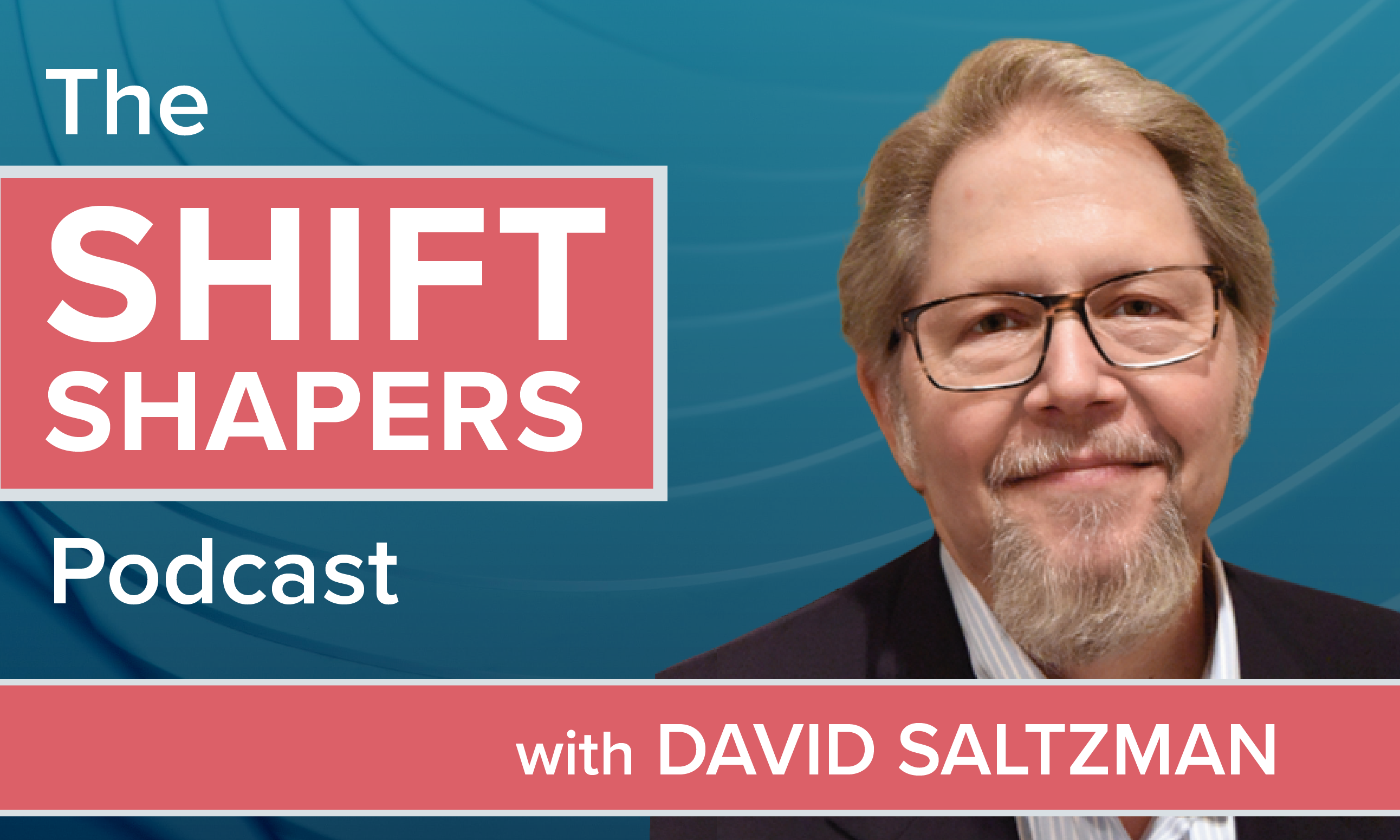 The COVID-19 outbreak hasseverely disrupted the U.S. business market, and in turn, has thepotential to significantly impact the workplace benefits industry.Nearly two-thirds of employers that offer insurance benefits wereeither temporarily closed or operating at reduced capacity in lateMay, and more than half either had made or were considering makingstaffing changes such as furloughs or hiring freezes.
The COVID-19 outbreak hasseverely disrupted the U.S. business market, and in turn, has thepotential to significantly impact the workplace benefits industry.Nearly two-thirds of employers that offer insurance benefits wereeither temporarily closed or operating at reduced capacity in lateMay, and more than half either had made or were considering makingstaffing changes such as furloughs or hiring freezes.
These operational changes could make it difficult for businessesto continue administering their benefit plans and reduce the numberof employees who have access to workplace coverages. At the sametime, the pandemic is bringing the importance of various insuranceprotections into sharper focus. To learn more about how COVID-19will influence employers' plans for their benefits, LIMRA surveyedover 1,000 U.S. employers that offer benefits in late May 2020.
|Although revising their insurance benefit programs is unlikelyto be employers' highest priority in the midst of a pandemic, thiscrisis is likely to prompt longer-term changes for some businesses.Approximately one quarter of employers say the coronavirus outbreak has made themmore interested in making changes to their insurancebenefit programs within the next 18 months, with large employersand those that have been disrupted by the pandemic more interestedin making changes.
|Some of these changes may not be for the better. Four percent ofemployers have already dropped an insurance benefit as a result ofCOVID-19 and 16% are considering doing so. Employers are mostlikely to consider dropping dental or vision coverages, in partbecause these are among the most frequently offered benefits in thefirst place.
|On a more positive note, 40% of employers say the pandemic hasaltered their views of the importance of the benefits theycurrently offer, and these are almost universally shifts towardsviewing benefits as more important now. Benefits that areclosely associated with health care, such as hospital indemnity,critical illness, and major medical plans, are the most likely tohave undergone a boost in perceived importance (despite the factthat most critical illness plans are unable to covercoronavirus-related claims). These shifting perceptions maydiscourage employers from dropping benefits in response to otherfinancial challenges.
|Related: Voluntary benefits and the race to thetop
|In addition, most employers are unlikely to switch benefitcarriers in response to the pandemic. More than two-thirds ofemployers say the pandemic has had no impact on their likelihood ofswitching any insurance benefits to a different carrier within thenext 18 months. Only 11% say they are more likely to switchcarriers because of COVID-19, while 13% are less likely to switch.This is probably due to the fact that employers are generallypleased with how their carriers have responded to the COVID-19crisis — 65% say they are highly satisfied with the support they'vereceived from their carriers in response to the pandemic, whileonly 2% say they are actively dissatisfied.
|To keep satisfaction high, carriers and brokers should continuelooking for ways to assist their customers throughout this crisis.Employers are most interested in receiving help communicating withtheir employees about the pandemic, staying informed of relevantCOVID-19 legislation, and having better online self-service optionsfor their employees.
|In addition, the large number of companies that have shiftedemployees to remote work will create an increased need forelectronic benefit enrollment and communication options during thenext open enrollment period. By continuing to proactively supportemployers though the pandemic, carriers and brokers can help toensure that any benefit changes employers choose to make will befor the better.
|Kimberly Landry is assistant research director of workplacebenefits research at LIMRA.
Complete your profile to continue reading and get FREE access to BenefitsPRO, part of your ALM digital membership.
Your access to unlimited BenefitsPRO content isn’t changing.
Once you are an ALM digital member, you’ll receive:
- Critical BenefitsPRO information including cutting edge post-reform success strategies, access to educational webcasts and videos, resources from industry leaders, and informative Newsletters.
- Exclusive discounts on ALM, BenefitsPRO magazine and BenefitsPRO.com events
- Access to other award-winning ALM websites including ThinkAdvisor.com and Law.com
Already have an account? Sign In
© 2024 ALM Global, LLC, All Rights Reserved. Request academic re-use from www.copyright.com. All other uses, submit a request to [email protected]. For more information visit Asset & Logo Licensing.








